Boost Your Machanical Bids – Request a Precision Estimate!
- Accurancy
- Efficiency
- Transparency
- Customization
- Time Saving
- Professionalism
- Cost Control
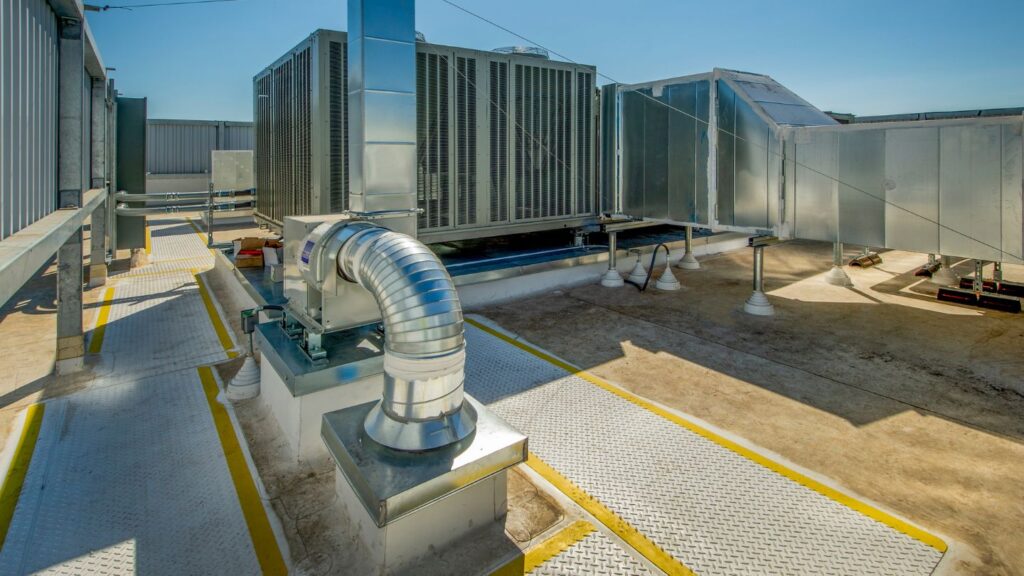
Hospitals play a critical role in healthcare, ensuring patient well-being and providing a conducive environment for medical professionals. An essential component of this environment is the Heating, Ventilation, and Air Conditioning (HVAC) system. This article serves as a comprehensive guide to understanding the importance of effective HVAC systems in hospitals, factors influencing costs, and utilizing a cost estimator to make informed decisions.
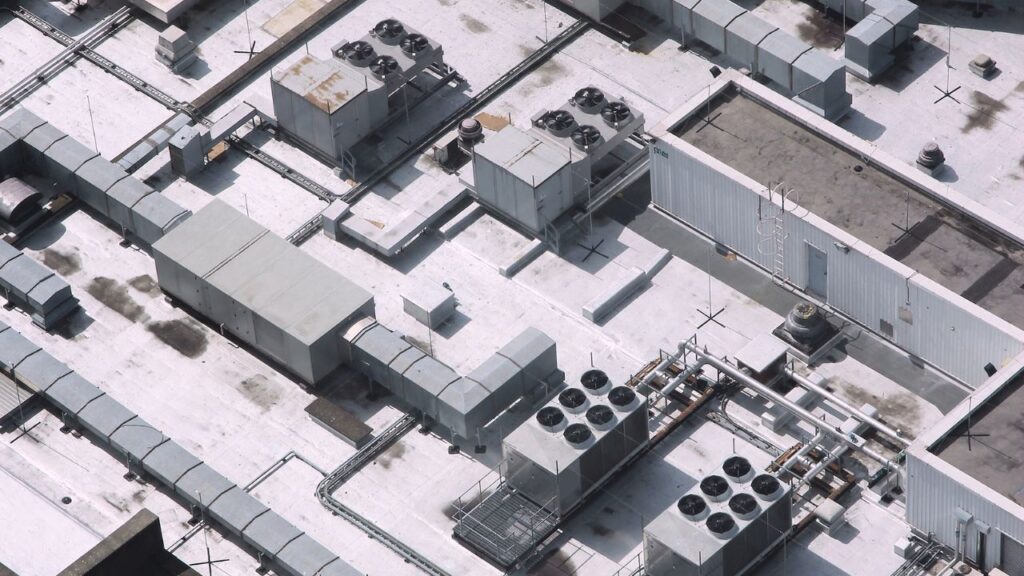
Maintaining a comfortable and healthy indoor environment is paramount in hospitals. An efficient HVAC system ensures optimal temperature, humidity, and air quality, creating conditions conducive to patient recovery and staff well-being. Beyond comfort, HVAC systems play a crucial role in infection control by controlling airborne contaminants, making them a vital investment for healthcare facilities.

Fully Insured Licensed Hire A Contractor For Mechanical Contractor
Hire Contractor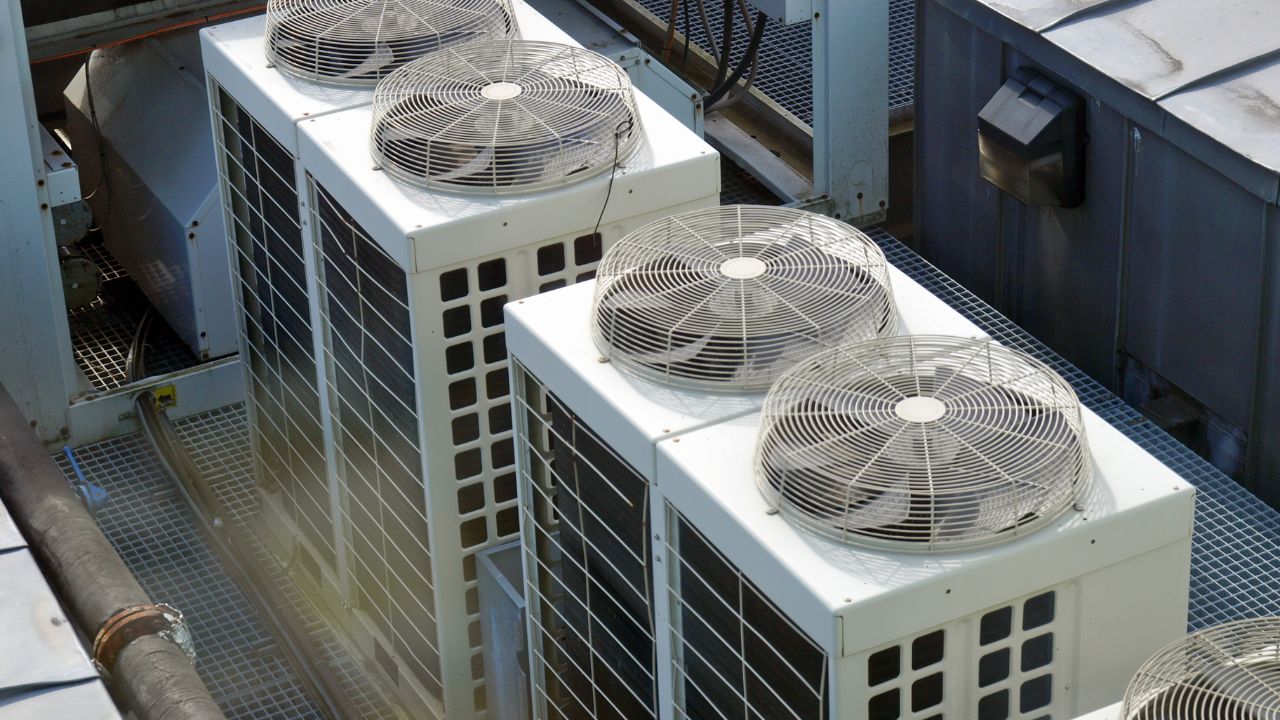
Make Informed Design Decisions Showcase Your Design Ideas
Get RenderingThe size and layout of a hospital are pivotal factors influencing HVAC requirements, as they directly impact the overall thermal dynamics of the facility. In larger hospitals or those with intricate layouts, the challenge lies in ensuring a consistent and controlled distribution of air. Sophisticated HVAC systems become imperative to maintain uniform temperature control throughout expansive spaces. Estimating HVAC costs for hospitals of varying sizes involves conducting a meticulous assessment of spatial characteristics, considering factors such as the number of floors, wings, and specialized departments. Understanding the intricacies of the hospital’s layout is essential to design an HVAC system that caters to the diverse needs of different areas while ensuring energy efficiency and operational effectiveness.
Hospitals are comprised of diverse areas, each with unique HVAC needs dictated by the specific functions carried out in those spaces. Operating rooms, laboratories, patient rooms, and other specialized areas demand tailored HVAC solutions to meet stringent requirements. The estimation process for HVAC costs involves a granular examination of each specialized area, considering factors such as airflow rates, temperature control precision, and air quality standards. Customized HVAC solutions, often involving specialized equipment and control systems, impact both installation and operational costs. A precise estimation is paramount to address the distinct demands of each space, ensuring optimal conditions for medical procedures, patient recovery, and laboratory activities.
In response to the growing emphasis on sustainability, hospitals are increasingly adopting energy-efficient HVAC systems. Estimating costs in this context goes beyond evaluating initial investments; it requires a comprehensive analysis of long-term energy savings. High-efficiency equipment, such as variable speed drives and advanced control systems, plays a crucial role in reducing operational costs. The estimation process involves weighing the benefits of environmentally friendly technologies against their upfront costs, considering factors like energy consumption, system lifespan, and potential utility rebates.
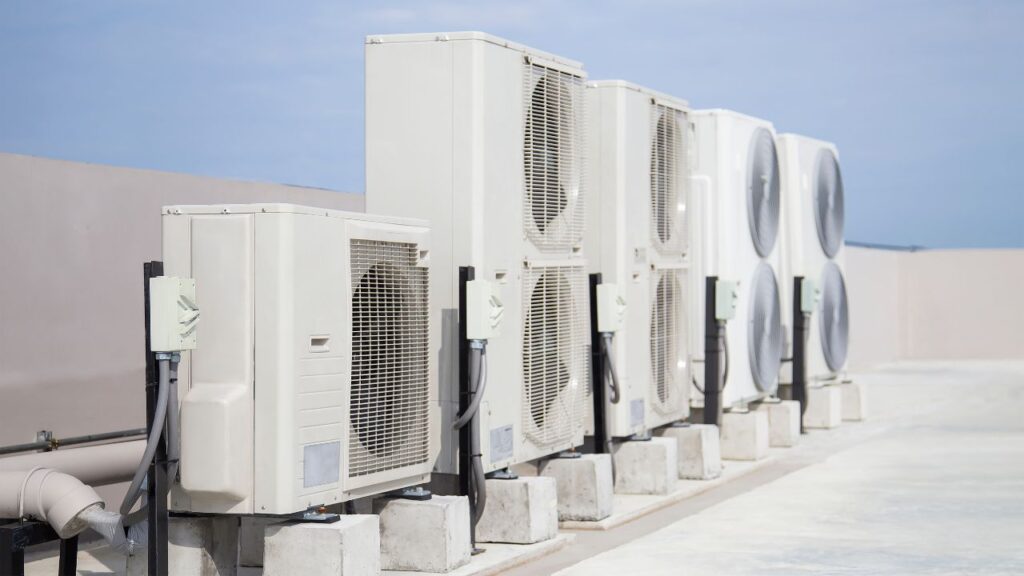
Adhering to energy efficiency standards not only aligns hospitals with environmental goals but also contributes to significant financial savings over the life of the HVAC system.
Hospitals operate within a highly regulated environment, and HVAC systems must meet specific guidelines to ensure patient safety, comfort, and infection control. Estimating costs for HVAC systems in hospitals includes a meticulous account of regulatory compliance measures. This involves considering air filtration requirements, ventilation rates, and other standards set forth by healthcare authorities. The financial investment in compliance measures is integral to risk mitigation, preventing potential fines, shutdowns, or safety incidents. Precise estimation in this regard is not merely a financial consideration but a critical aspect of hospital operations that prioritizes both patient well-being and regulatory integrity.
HVAC systems in hospitals are mission-critical and require consistent and reliable operation. Estimating costs involves factoring in routine maintenance expenses and considering the lifecycle of the equipment. Regular maintenance checks are essential to identify potential issues, ensure system efficiency, and prevent unexpected breakdowns. The estimation process guides hospital administrators to invest in durable, high-quality systems, considering not only upfront costs but also long-term maintenance needs. A proactive approach to maintenance is integral to risk management, promoting the reliability and longevity of HVAC systems in hospitals. The financial commitment to quality equipment and regular upkeep reflects the hospital’s dedication to ensuring the highest standards of operational efficiency and cost-effectiveness.

Accurate cost estimation is fundamental to making informed decisions about HVAC systems in hospitals. Employing a reliable cost estimator tool or consulting with HVAC professionals can provide tailored estimates based on the specific requirements of the healthcare facility. This proactive approach empowers hospital administrators to make financially sound decisions aligned with budgetary constraints.
Investing in cutting-edge, energy-efficient HVAC technologies like Variable Refrigerant Flow (VRF) systems and smart controls is a wise move for hospitals aiming at substantial long-term savings and environmental sustainability. VRF systems enable precise control over refrigerant flow, enhancing energy efficiency, while smart controls dynamically adjust HVAC settings for optimal resource use. Though the upfront cost may be higher, the potential for significant long-term energy savings makes these technologies a forward-thinking choice, showcasing a commitment to operational efficiency and environmental responsibility.
Implementing zoning systems in hospitals offers adaptability and efficiency, impacting overall energy usage. Zoning allows precise control over HVAC output in different areas, tailoring temperature control based on needs and occupancy levels. This targeted approach optimizes energy consumption, enhances comfort, and, ultimately, reduces operational costs over time.
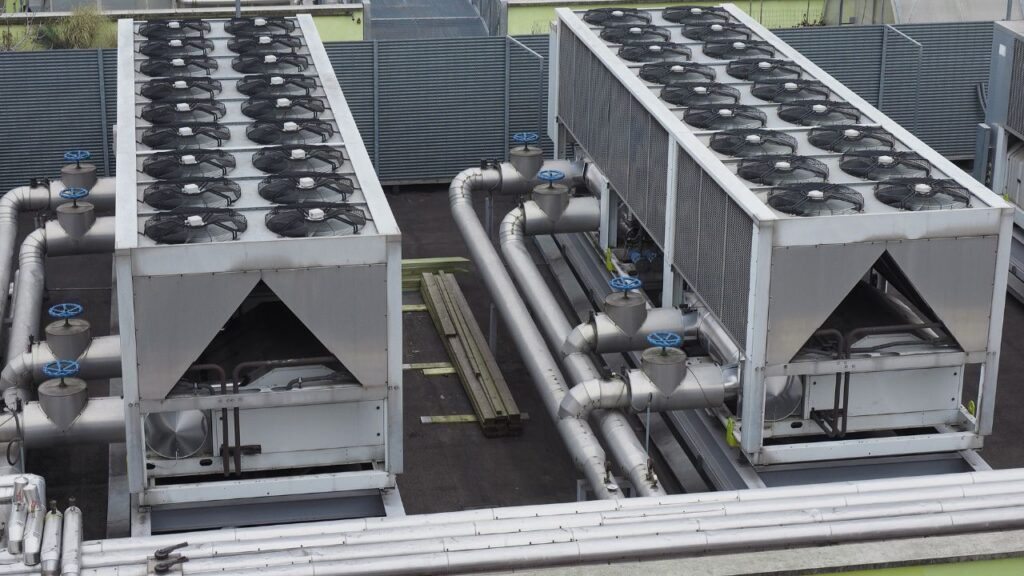
Proactive maintenance programs for HVAC systems are cost-effective strategies. Regular inspections and preventive measures enhance system efficiency, preventing unexpected breakdowns and reducing overall maintenance costs. This approach ensures extended equipment lifespan, optimized performance, and minimized total cost of ownership.
Conducting a life-cycle cost analysis is a strategic practice empowering hospitals to make informed HVAC investment decisions. This comprehensive evaluation considers upfront costs, maintenance, energy, and replacement expenses, guiding administrators to choose cost-effective options aligned with budget constraints. Prioritizing cost-effectiveness through life-cycle cost analysis ensures strategic HVAC investments that deliver enduring value over the equipment’s entire lifespan.
The HVAC system is crucial for hospitals, impacting patient well-being, medical procedures, and operational efficiency. Estimating and optimizing costs involve factors like hospital size, specialized areas, energy efficiency, compliance, and maintenance needs. Efficient HVAC systems contribute to patient comfort, infection control, and sustainability goals. Utilizing a cost estimator empowers administrators to make informed decisions aligned with budget constraints. Proactive strategies, including maintenance programs and life-cycle cost analysis, ensure reliability and longevity. In essence, meticulous cost estimation and optimization reflect a commitment to operational excellence, patient care, and environmental responsibility in healthcare facilities.
An efficient HVAC system is vital for maintaining optimal conditions in hospitals, influencing patient recovery, infection control, and the overall well-being of medical professionals.
The size and layout of a hospital directly affect HVAC needs, with larger or complex layouts requiring more sophisticated systems. Estimating costs involves assessing spatial characteristics for uniform air distribution.
Specialized areas like operating rooms and laboratories have unique HVAC needs. Precise estimation considers factors such as airflow rates, temperature control precision, and air quality standards for tailored solutions.
Hospitals are adopting energy-efficient HVAC systems to reduce operational costs and align with sustainability goals. Estimating costs involves evaluating long-term energy savings, high-efficiency equipment, and environmentally friendly technologies.
Hospitals must adhere to specific HVAC guidelines for patient safety and infection control. Estimating costs includes accounting for compliance measures like air filtration requirements and ventilation rates.
Regular maintenance ensures reliable HVAC operation. Estimating costs involves factoring in routine maintenance expenses and considering equipment lifecycle for long-term cost-effectiveness.
Hospitals can optimize costs by investing in energy-efficient technologies, implementing zoning systems, establishing regular maintenance programs, and conducting life-cycle cost analyses for strategic decision-making.
Here I am going to share some steps to get a hospital HVAC cost estimate report.
You can send us your plan on info@estimatorflorida.com
Before starting your project, we send you a quote for your service. That quote will have detailed information about your project. Here you will get information about the size, difficulty, complexity and bid date when determining pricing.
Our team will takeoff and estimate your project. When we deliver you’ll receive a PDF and an Excel file of your estimate. We can also offer construction lead generation services for the jobs you’d like to pursue further.



561-530-2845
info@estimatorflorida.com
Address
5245 Wiles Rd Apt 3-102 St. Pete Beach, FL 33073 United States
561-530-2845
info@estimatorflorida.com
Address
5245 Wiles Rd Apt 3-102 St. Pete Beach, FL 33073 United States
All copyright © Reserved | Designed By V Marketing Media | Disclaimer